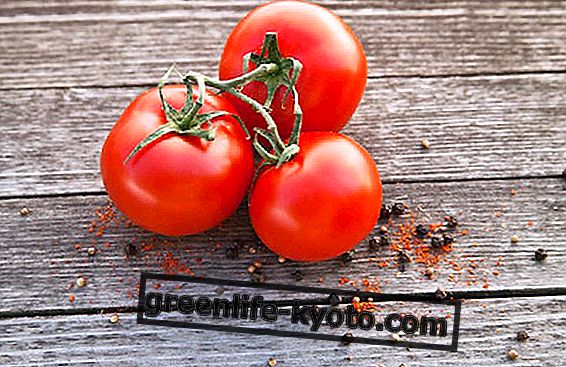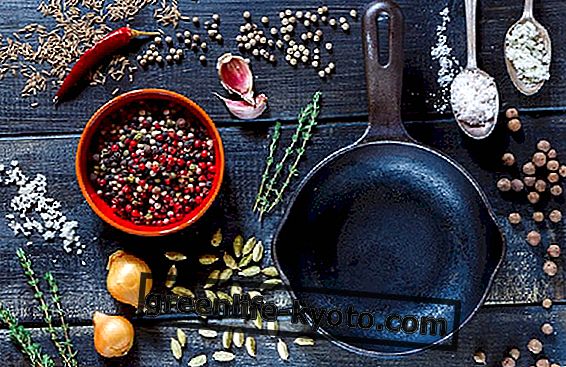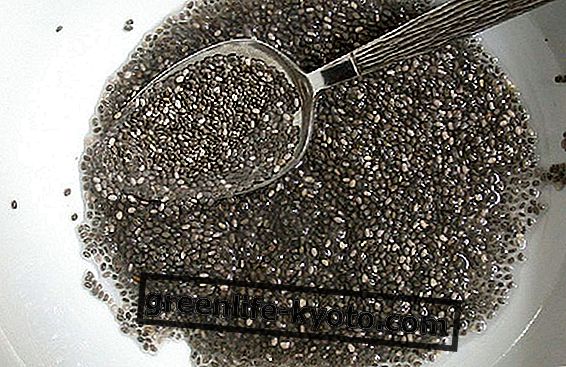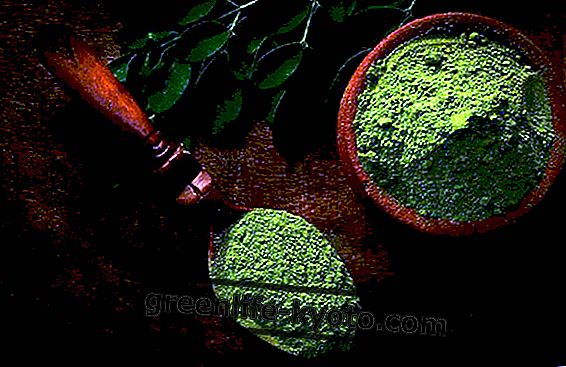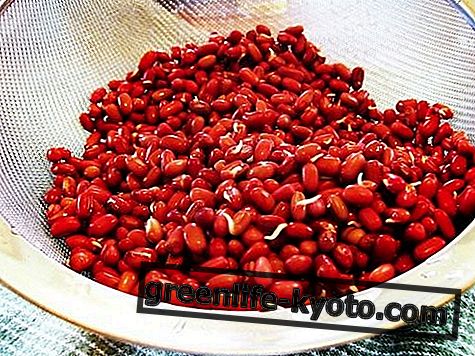Curated by Maria Rita Insolera, Naturopath
Phosphorus is a mineral found in all living organisms and is of fundamental importance for human life. After calcium, it is the most abundant mineral in the human body, where it is found in greater concentration in bone and teeth in the form of tricalcium phosphate (85%), to a lesser extent in blood (4%), in collagen and in tissue muscle (10%) and in the brain (1%).
Oilseeds among phosphorus natural food supplements

Properties of phosphorus
Phosphorus in the human body is present both as inorganic phosphate (mineral component that is part of the bones and teeth ) and as organic phosphate (negative valence ion which is part of the structure of nucleic acids, nucleotides and nucleoproteins). Phosphorus is an essential component of many systems. Which:
- It is part of the composition of ATP (adenosine-tri-phosphate), a chemical essential to use the energy provided by food.
- It plays a fundamental role in muscle contraction .
- Regulates and maintains the body's pH.
- In combination with other elements, phosphorus is included in important compounds: associated with lipids (fats), it constitutes phospholipids, of which the nerves, liver and adrenal glands are rich; associated with proteins, it constitutes phosphorus proteins, present in milk, eggs and fish; still bound to proteins, it is an integral part of nucleic acids (DNA and RNA) in which the genetic heritage is contained.
- Calcium-phosphorus balance : the relationship between these two minerals is fundamental for good bone calcification. The ratio must be about 1: 2, or a part of calcium per phosphorus. The concentration of phosphorus in the blood influences that of calcium, in fact the increase in the blood concentration of phosphates favors the deposition of calcium in the bone.
Phosphorus food supplements
The main sources of phosphorus are protein foods. Large concentrations of phosphorus are present in the
- whole grains (wheat germ, rice flour, soy flour, spelled),
- oilseeds ( pumpkin seeds ) and nuts (pistachios, cashews, walnuts, sweet almonds),
- legumes (soy, beans, chickpeas, lentils, peas, broad beans),
- milk,
- meat (especially liver, poultry),
- fish (cod, salmon, tuna, sea bass, shrimp).
In smaller quantities phosphorus is also present in vegetables (celeriac, celery, mushrooms) and even honey.
You can learn more about the properties and benefits of pumpkin seeds

Phosphorus phytotherapic supplements
Phytotherapy offers a natural remedy to supplement phosphorus. The fenugreek (Trigonella foenum graecum) is in fact a officinal plant which, among its many properties, also has that of replenishing this mineral thanks to the presence, among its constituents, of a considerable quantity of phosphorus protides . The mother tincture is prepared from mature seeds.
Phosphorus supplements on the market
The most well-known phosphorus supplements on the market are the Acutil and the Glutamin. These are found in the form of tablets or capsules, single dose vials or syrup.
The therapeutic indications concern: fatigue, mental fatigue, difficulty in concentration and attention and poor mental performance . It is good when taking these supplements to stick to the dosage indicated on the packs, as they may cause excitability and insomnia, even if they do not have harmful effects on health.
These supplements are not really phosphorus based, but contain phosphorylated amino acids, so if there are deficiencies it is good to increase the consumption of foods that contain this mineral.
Daily phosphorus requirement
The daily phosphorus requirement is not fixed but varies according to sex and age. Children, for example, and pregnant women, have a greater need than this mineral (1200 mg a day), as it is essential for bone growth.
The daily phosphorus requirement is equal to:
- 500 mg a day in newborns up to one year of age.
- 800-1000 mg per day for children from 1 to 10 years.
- 1200 mg per day for adolescents.
- 800-1000 mg per day for adults.
Normally these needs are met by a balanced diet. Phosphorus deficiency is in fact rare, since this mineral is present in many foods and is well absorbed by the intestine.
However it can occur when taking antacids for long periods, or following bone fractures. The typical symptoms of phosphorus deficiency are: general muscle weakness, loss of appetite, bone pain, rickets and weakened bones. In rare cases it is also possible to find the opposite, an excess of phosphorus, which may depend on poor kidney function, and cause hypertension, cardiovascular problems and kidney failure
